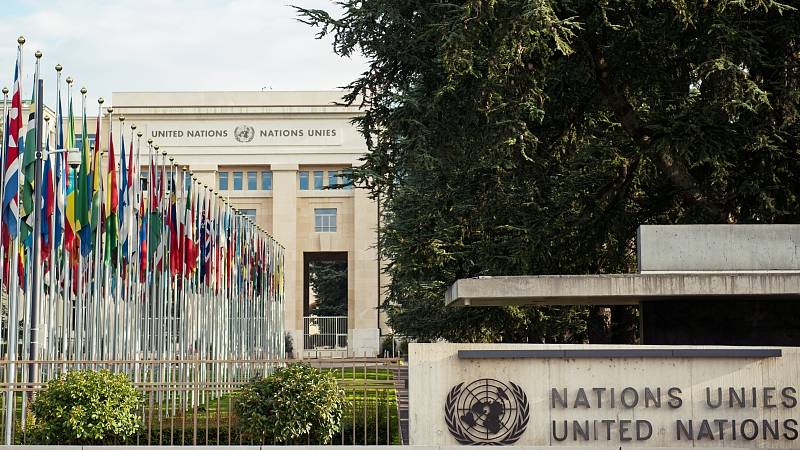UN’s aid conference on Afghanistan to begin in Geneva today

Stay tuned with 24 News HD Android App

Efforts will be made to collect funds of over $60 million at a conference, which is set to get underway in Geneva today under the auspices of the United Nations (UN) to save Afghanistan from a looming ‘humanitarian crisis’, reported 24NewsHD TV channel on Monday.
Representatives of governments of dozens of countries, senior officials of international monetary organisations, UN Secretary-General Antonio Guterres and Red Cross chief Peter Maurer will attend the event.
The situation was exacerbated after the western nations as well as the international monetary organisations blocked aid to the country as well as froze its assets following the Taliban takeover of the capital Kabul on August 15.
The aid was blocked because the western countries as well as international donors were not pleased with the Taliban taking charge of the country.
Even before the Taliban became the rulers of landlocked country, half of country’s population, under President Ashraf Ghani, was dependent on aid coming from different sources.
One-third of the total funds to be collected at the conference will be spent under the UN’s World Food Programme (WFP) which says 90 per cent of the Afghans were deprived of food because of the non-availability of cash.
Former chief of Afghanistan’s Central Bank had stated three days ago, on September 10, that with the Taliban in control and foreign aid blocked, the country's economy was likely to contract sharply as it faced a shortage of cash.
"I don't want to say economic collapse, but I think it's going to be (an) extremely challenging or difficult economic situation," Ajmal Ahmady said, predicting GDP would shrink by 10 to 20 percent.
Ahmady, who had fled the country just after Kabul fell to the Taliban in mid-August, said international sanctions that block aid funding and restrict access to $9 billion in reserves also could create a shortage of domestic currency.
"Obviously, the access to dollars is going to be severely curtailed. But there's also the question of local currency Afghanis" since the country has no local printing press, he said in a discussion hosted by The Atlantic Council. Amid the cash crunch, "You're going to see the currency depreciate (and) inflation rise because we import significant amounts of food," he said.
Even before the collapse of the civilian government, Afghanistan "was already facing a triple shock" of the Covid-19 pandemic, a regional drought and the ongoing conflict.
Most of the country's reserves are held in the United States, which is keeping them out of reach of the Taliban, while the IMF and World Bank have frozen any lending programs with the country.
